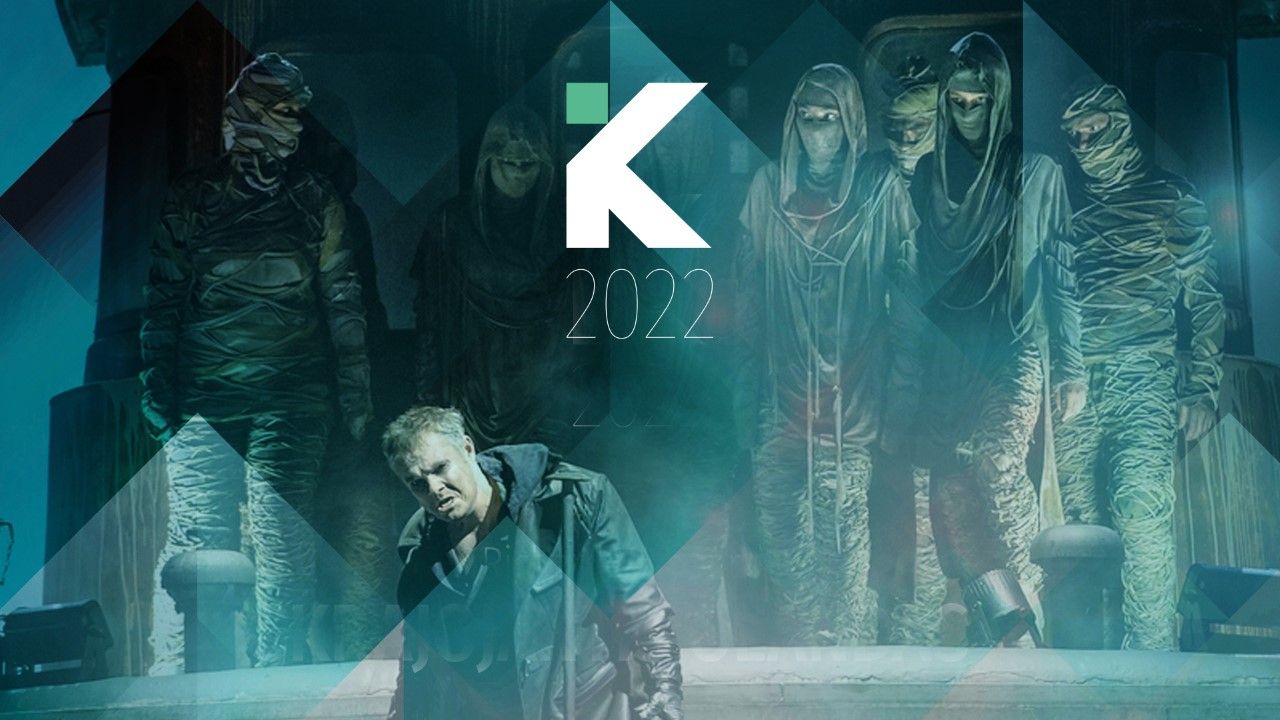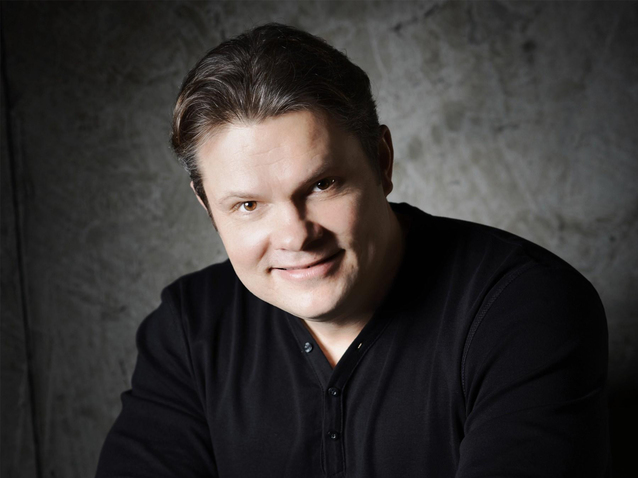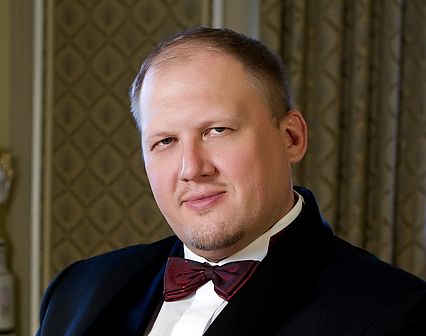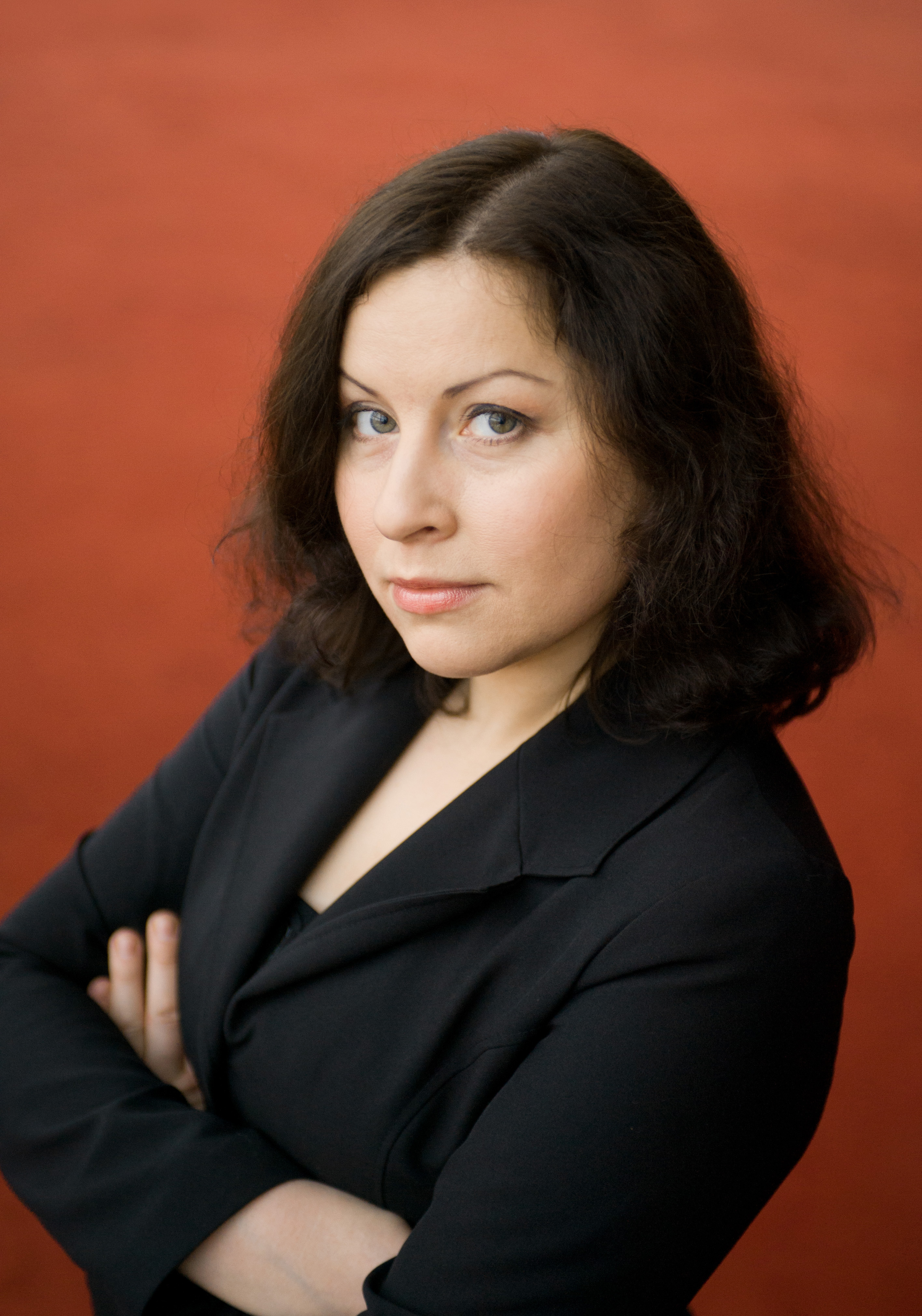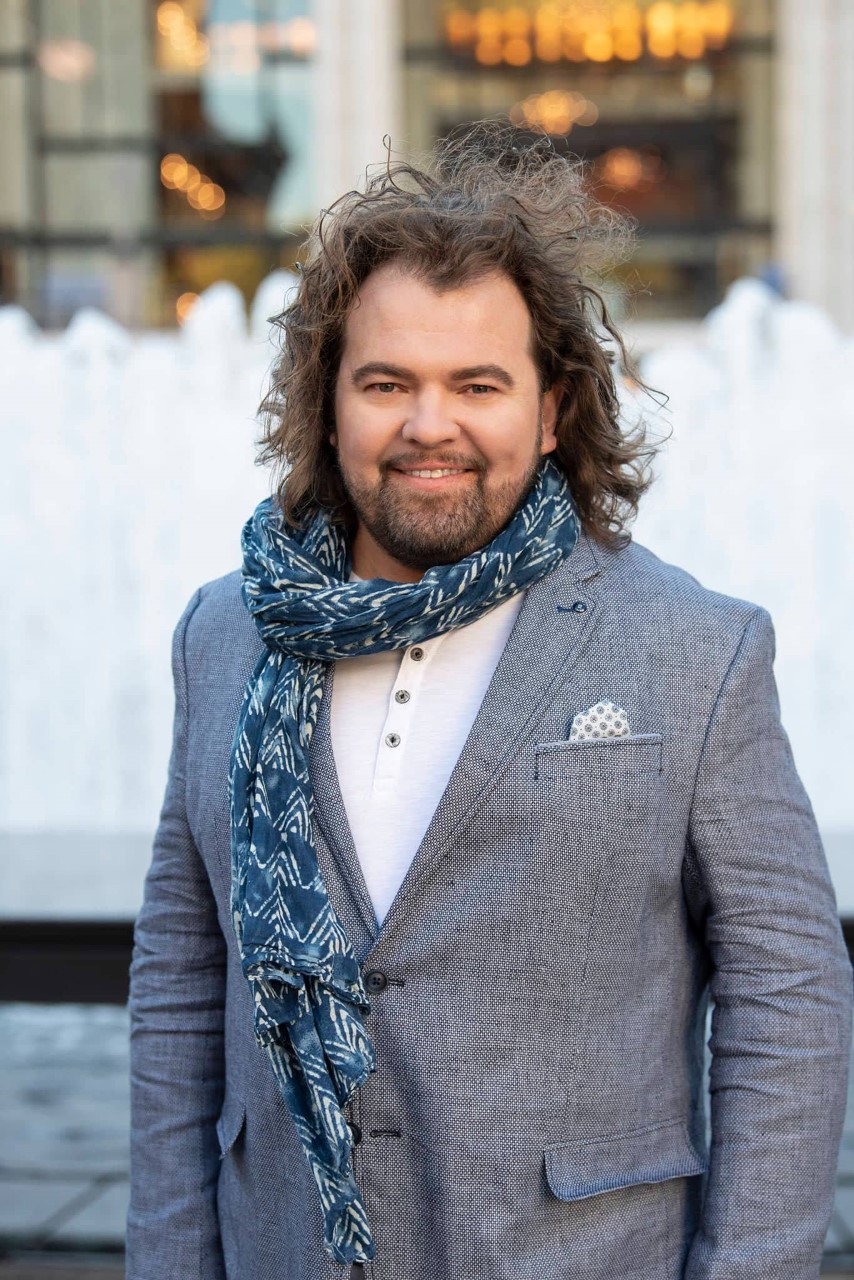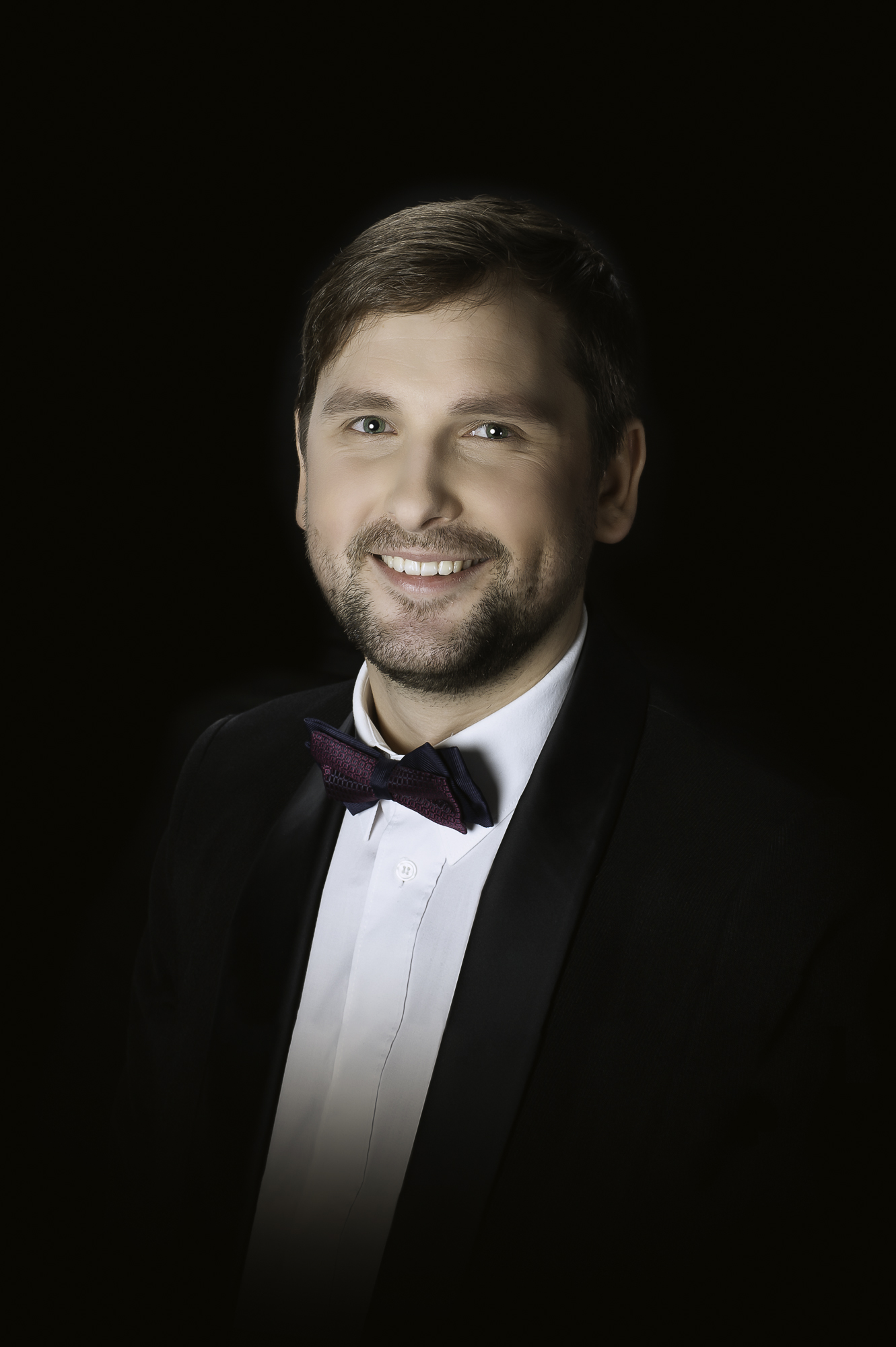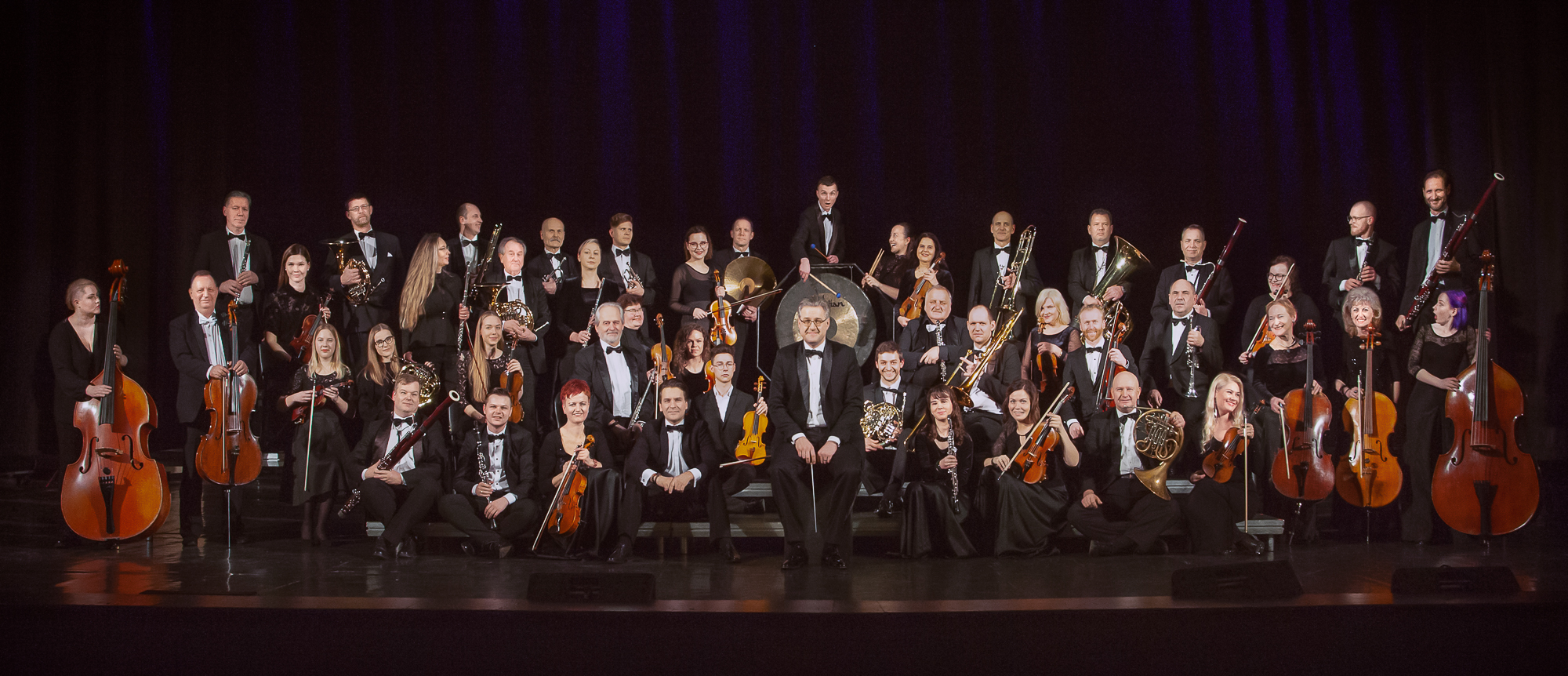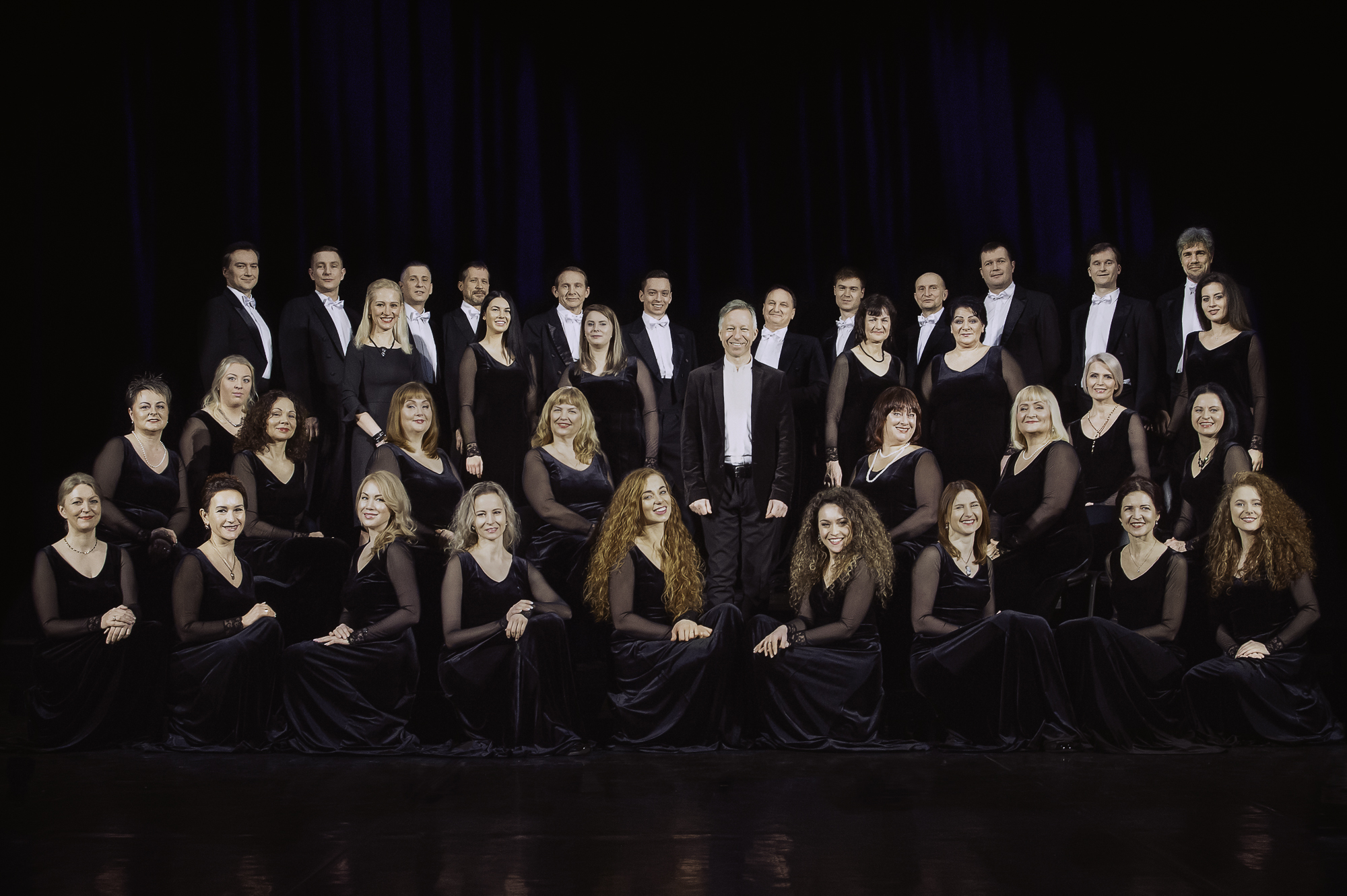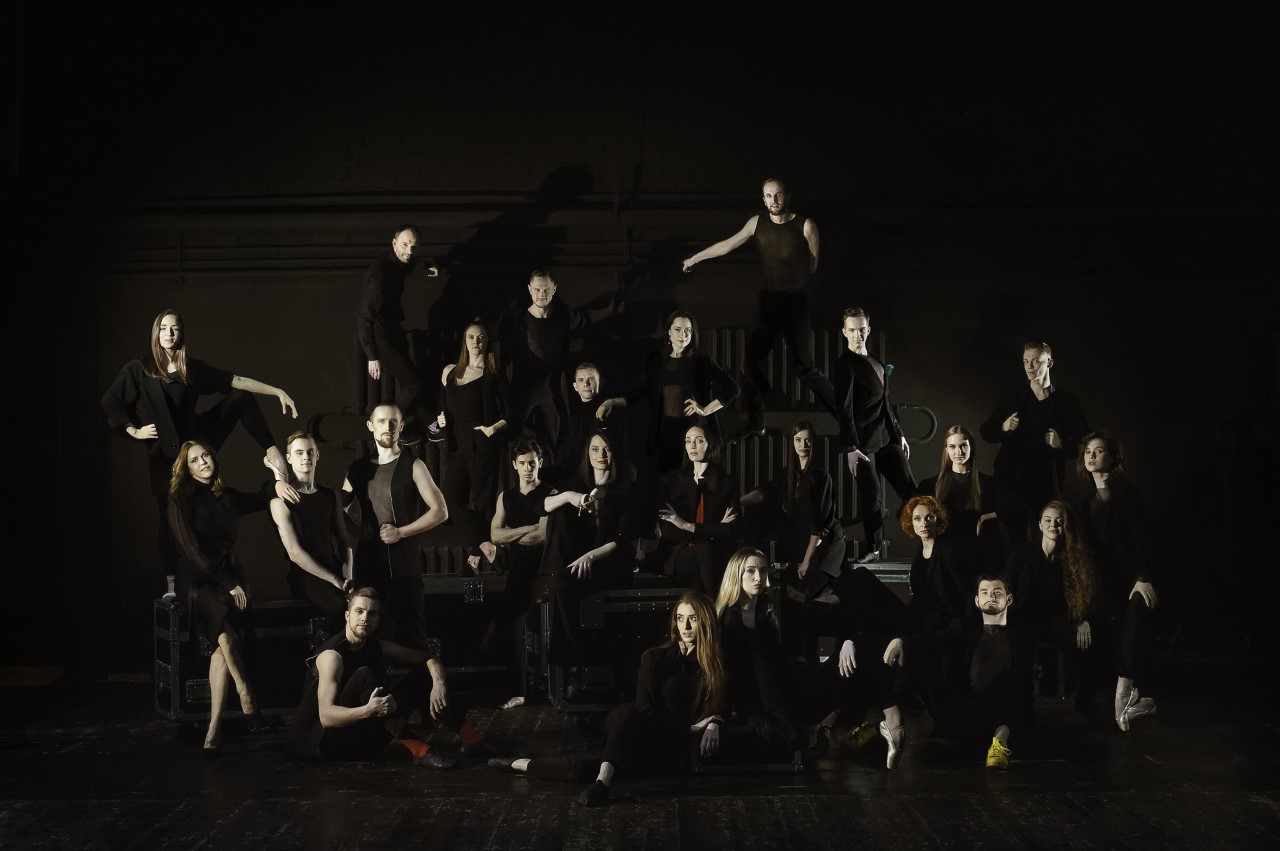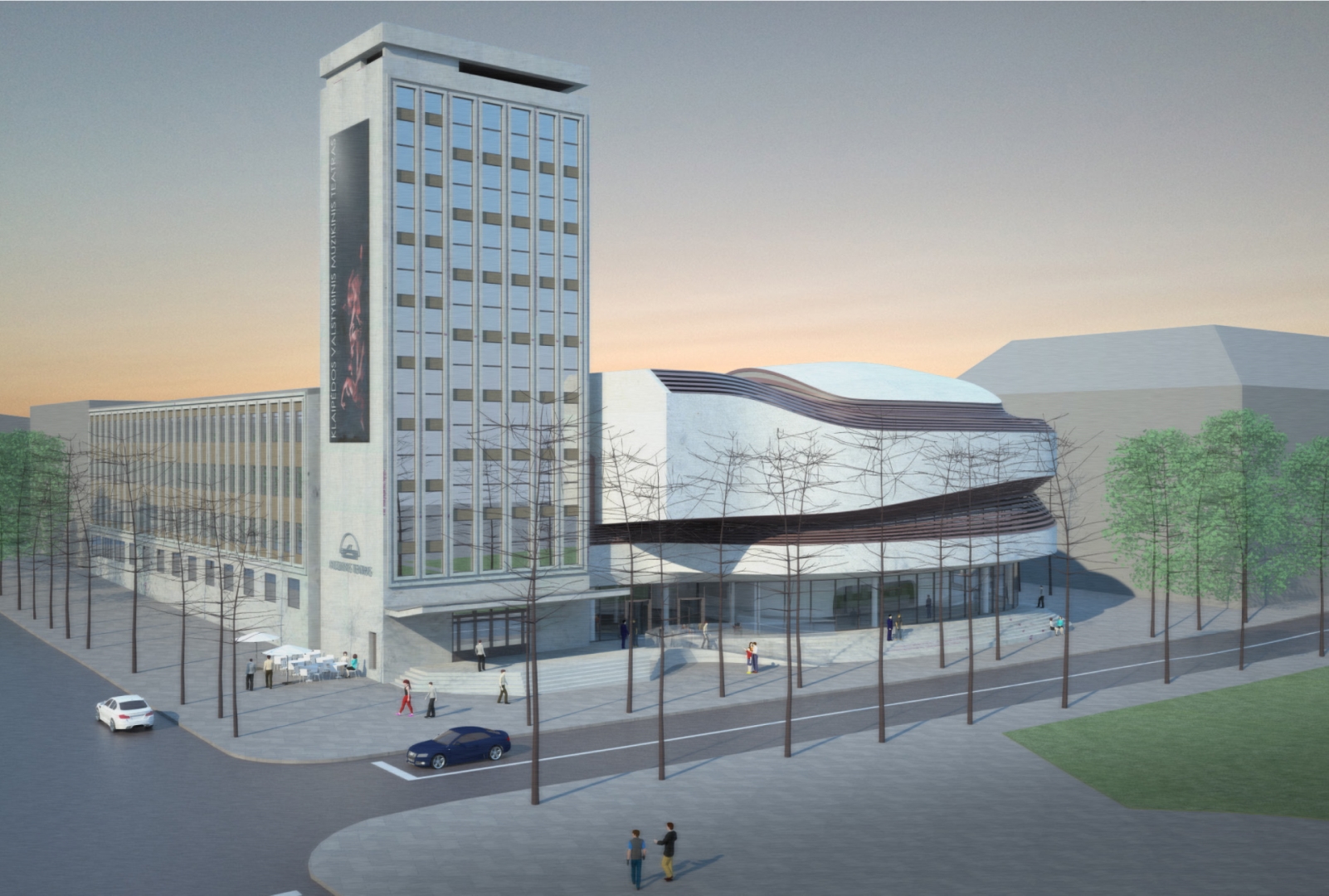www.concertclassic.com, 07/04/2021

Violeta Urmana. Asmik Grigorian. Edgaras Montvidas. Ces quelques noms suffiraient à indiquer que l’opéra n’est pas un genre négligé en Lituanie. C’est à Klaipėda (anciennement Memel, du temps où c’était une cité hanséatique), troisième ville du pays, qu’OperaVision est allé filmer l’été dernier un Vaisseau fantôme mis en ligne il y a quelques jours. Selon l’anecdote, Wagner aurait entendu au cours d’un voyage mouvementé en mer Baltique les cris et les chants qui lui inspirèrent le premier des opéras de sa maturité, le plus ancien à être admis sur les planches du Festspielhaus de Bayreuth. Et ce Fliegende Holländer a été monté avec la Baltique à l’arrière-plan, dans le port de Klaipėda, avec micros et haut-parleurs pour compenser l’absence d’acoustique propice.
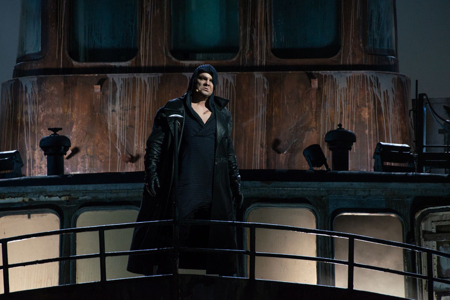
Photo Almas Švilpa (Le Hollandais) © Klaipeda State Music Theatre
Le dispositif est assez impressionnant et permet évidemment de respecter certaines exigences du livret, avec notamment un vrai bateau pour le Hollandais ! Tout à droite, dans une sorte de grande boîte, avec un toit qui le protège des éléments, l’orchestre, au-dessus duquel se trouve une plateforme correspondant à la maison où attend Senta. Tout à gauche, deux grandes tours d’échafaudages métalliques, qui figurent le navire de Daland. C’est entre ces deux tours, copieusement arrosées de kilolitres d’eau durant la tempête initiale, et escaladées par figurants et choristes tout au long de l’ouverture, que surgira le fantomatique vaisseau.
Qui dit plein air dit bien sûr mise en scène immédiatement accessible : foin des lectures psychanalytiques et autres transpositions à Chittagong ou ailleurs, la production signée Dalius Abaris et Gediminas Šeduikis ne cherche pas midi à quatorze heures, mais exploite pleinement le spectaculaire que permet ce cadre, avec plateaux suspendus, fumigènes et éclairages dignes d’un concert de rock. L’action se déroule à une époque récente. Dans ce monde de marins en cirés et waders, Erik le chasseur a plutôt l’allure d’un fermier texan. Les dames ont renoncé à une féminité conventionnelle : désormais, les fileuses manipulent des caisses, leurs manches retroussées et leur turban années 1940 leur donnant plutôt l’allure de Rosie la Riveteuse sur la célèbre affiche américaine « We Can Do It ». Sous sa capuche qui lui dissimule le visage, le Hollandais paraît sorti de l’univers des jeux vidéo Assassin’s Creed, et il est entouré de zombies et autres momies vivantes. Autrement dit, des références qui parlent au public, mais sans trahir l’esprit de l’œuvre.
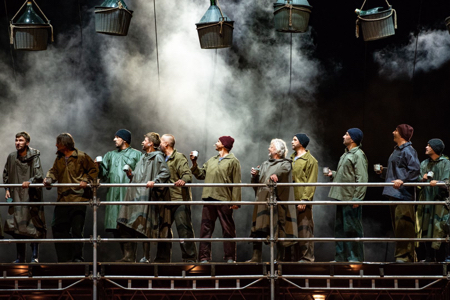
© Klaipeda State Music Theatre
Peut-être grâce à la sonorisation, l’orchestre symphonique de Klaipėda dirigé avec élan par Modestas Pitrenas sonne avec une force et une clarté assez exceptionnelle, qui valorise en particulier les bois, d’une belle verdeur nasale que l’on croyait associée aux formations françaises d’antan. Possible effet des micros aussi, on distingue clairement la superposition des voix graves et des voix aiguës dans le chœur des femmes au deuxième acte. Quant aux solistes, on s’abstiendra de se prononcer ici sur leur puissance, dont il faudrait pouvoir juger en salle, sans les secours de la technologie. Commençons par saluer les clefs de fa, avec le magnifique Daland de Tadas Girininkas, dont le timbre d’airain et la prestance évitent de faire basculer le personnage dans le ridicule, et le non moins admirable Almas Švilpa dans le rôle-titre, dont la véhémence impressionnante dès « Die Frist ist um » ne se relâchera pas un seul instant.
Les ténors ne jouent pas dans la même catégorie, et peut-être n’était-il pas nécessaire de privilégier la force là où l’on attend plus de charme, surtout pour l’Erik un peu trop héroïque d’Andris Ludvigs qui plafonne dans les notes les plus hautes. Dalia Kužmarskytė est une Mary correcte, mais l’on reste partagé face à Sandra Janušaitė. Certes, Senta est un rôle impossible, où il faut à la fois une voix juvénile mais d’une vaillance à toute épreuve ; la soprano lituanienne, malgré de réelles qualités, possède un aigu tranchant, parfois presque acide, dont on espère que les années l’aideront à gagner en générosité. Heureux néanmoins les habitants de Klaipėda, à qui l’on propose des spectacles estivaux de cette qualité !
Laurent Bury

